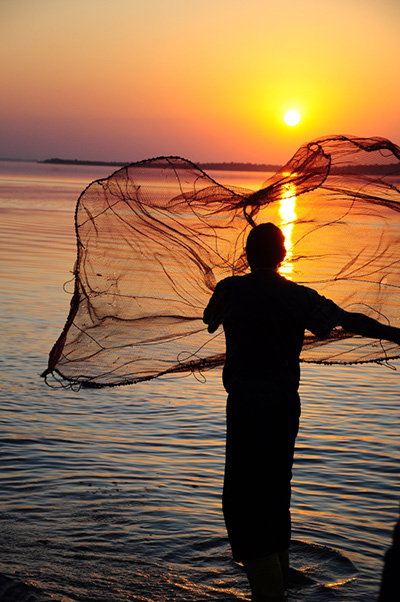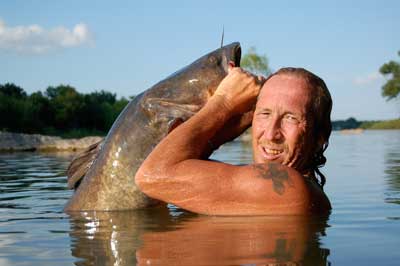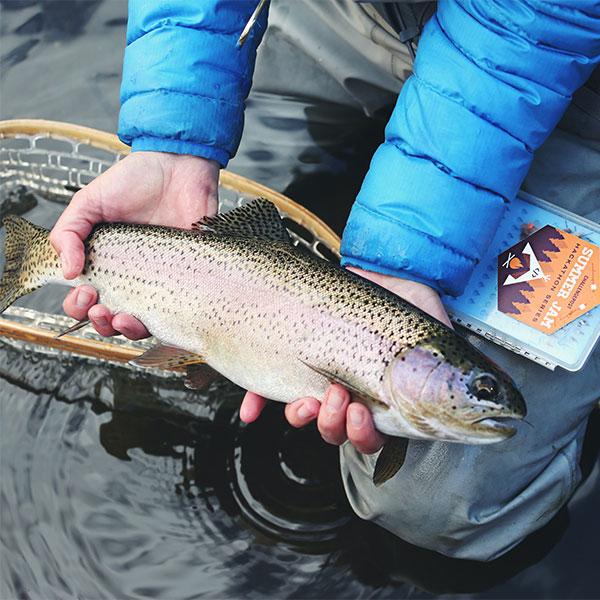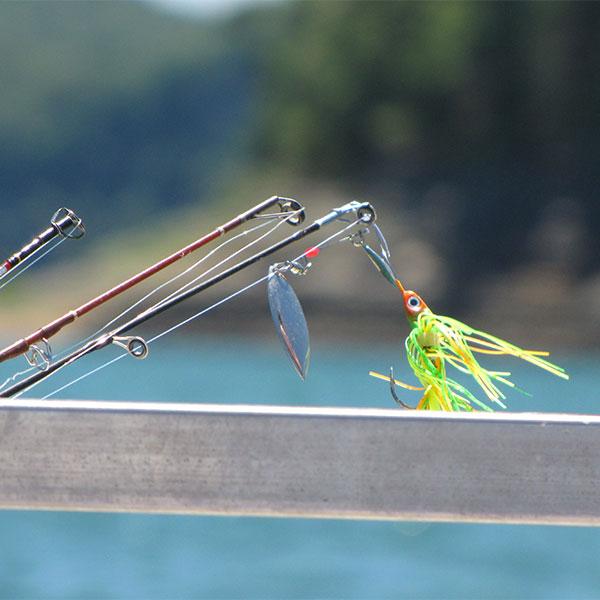In a survival situation, fishing can provide a quick, high-energy source of protein. But what if you don’t have traditional gear like tackle, line, or hooks? Here are essential techniques for catching fish without standard equipment, ensuring you can stay nourished even in tough circumstances.

Improvised Gear
Hooks
Craft hooks from everyday items like safety pins, nails, soda can tabs, or organic materials such as bones and sticks. A gorge hook, made by sharpening both ends of a small stick and notching the middle for line attachment, can effectively catch fish when hidden in bait.
Lines
Use strong threads from clothing, lengths of wire, or braided grass as fishing lines. Test their durability before use to avoid losing your catch.
Lures
Create lures from shiny materials like jewelry or aluminum. Live bait, such as earthworms or insects, is even more effective and can often be found near water sources.
Setting the Lines
Set lines on stakes or flexible branches over water to fish hands-free. Bobby poles made from saplings can work well when angled over the water, letting you focus on other tasks while fishing.
Spear Fishing
Spear fishing is a practical option when bait or line materials are scarce. Use a sharpened, barbed branch to catch fish in shallow waters, especially at night with a light source. This method allows for selective fishing, targeting larger catches.
Weir Fishing
Weir fishing involves building a V-shaped fence from stakes or rocks in a river to funnel fish into a trap. Once fish are enclosed, they can be caught by hand or speared. This ancient technique is effective for trapping large quantities of fish.

Noodling
Noodling, or fishing by hand, is a last-resort method. Locate fish hiding under rocks, hollow logs, or riverbanks. Block escape routes and grab the fish by its gills or mouth. This technique works best in warmer waters and requires patience and practice.
Share Your Experience
Have you ever improvised fishing techniques? Share your tips and experiences in the comments below!













